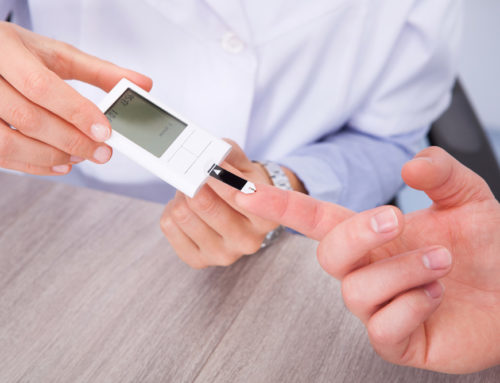Causes and Symptoms of Vestibular Balance Disorders?
The vestibular system is made up of a network of canals throughout the bone and cartilage of the ear. Those semicircular canals contain fluid that changes position as you move, which triggers sensors in the ear. Those sensors then send that information to your brain to help maintain your balance. Unfortunately, those signals can be altered by vestibular balance disorders, affecting your balance, and creating fall risks.
The cause of such disorders can vary, as can the symptoms each person experiences. There are also several treatment options, including medication, surgery, and physical therapy, depending on the cause of the disorder. The following information covers issues related to the vestibular system and how they can affect you.

Causes Of Vestibular Balance Disorders
Balance issues can affect all aspects of your day, making it difficult to function. Locating the cause isn’t always a straightforward task, though. Several possible causes of vestibular balance disorders could affect you at some point.
Viral or bacterial infections are one cause of balance issues. Poor circulation and other inner ear issues can also affect you in the same way. Head injuries can cause damage to the brain and alter your ability to stay upright.
Benign paroxysmal positional vertigo (BPPV) occurs when calcium debris breaks loose in the semicircular canals. Those then alter the messages sent to the brain about head positioning, resulting in vertigo and other balance problems.
Common symptoms
Just like how the causes of vestibular balance disorders can vary, so can the symptoms. Some may only experience one or two symptoms, while others could suffer from several. The most common ones include dizziness, blurred vision, disorientation, a feeling of imbalance, stumbling, or falling.
There are also a few other symptoms, though these aren’t as common. They include anxiety, fear, or alterations in the rhythm of your heart. Some people also have stomach or bowel issues, such as nausea, vomiting, or diarrhea.
If you’ve noticed any of these symptoms or a combination of a few of them, it may be best to seek medical attention. A few tests are available to diagnose vestibular balance disorders, including hearing, vision, blood, or clinical balance tests. Scans of the head and brain could also be used, as can posturography, which checks posture and movement.
Can they go away on their own?
Vestibular balance disorders don’t go away on their own, so treatment is a must to reduce or eliminate your symptoms. There is no single treatment to fix your balance issues. Instead, it will be tailored to match the cause of the disorder.
For instance, balance issues caused by infections will require antibiotics or antifungal treatments. The right medicine will reduce the symptoms while clearing up the infection.
Rehabilitation is another possible treatment for those with balance issues. These can include vestibular rehab or balance retraining therapy. The purpose of these therapies is to help you cope with the dizziness while learning how to move safely throughout the day.
Other possible treatments include lifestyle changes, such as diet or activity alterations, surgery, or Epley maneuvers to help reposition those loose particles in your semicircular canals.
This article is for educational and informational purpose only and does not substitute for professional medical advice. For any questions about your own health condition, speak to a qualified physician or healthcare provider.







Leave A Comment